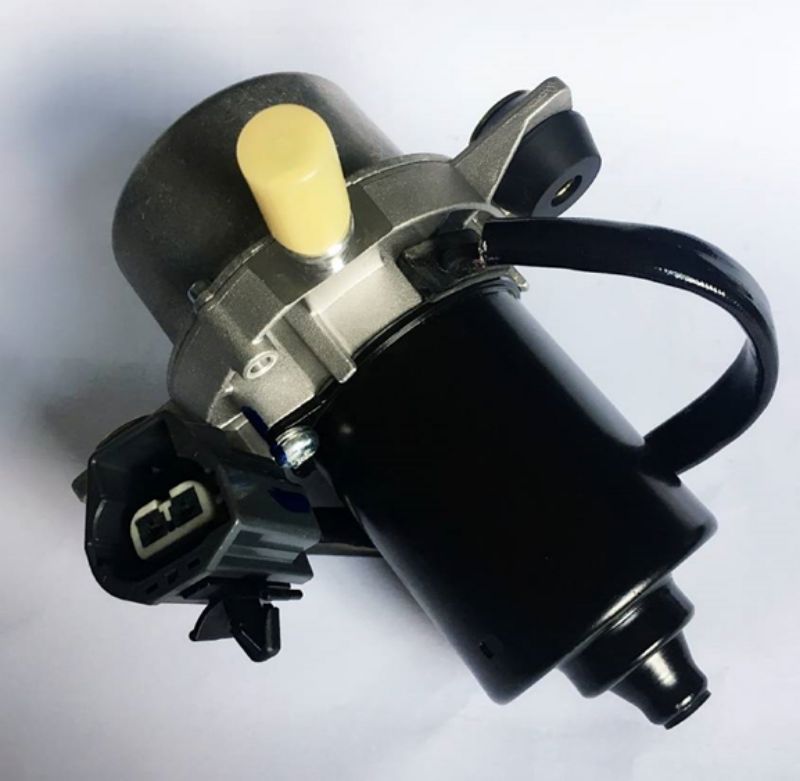Price Shipping On Time Payment
Applicable models:
1. Used for new energy pure electric vehicles (as an independent vacuum source)
2. For hybrid vehicles (as an independent vacuum source)
Basic parameters:
1. Voltage: DC 9-16V (suitable for 12V on-board power supply)
2. Temperature resistance: -40 ℃~+120 ℃
3. Weight: 1.79kg
4. Volume: 178mm * 130mm * 125mm
5. Power: 250W
6. Pumping speed: volume 4L,
Extract from atmospheric pressure to -50kpa ≤ 3s
Extract to -70kpa ≤ 5s
7. Noise: 300 ± 5mm away from the product, testing ≤ 75dB
8. Service life: 1200000 times/1600h

Lead time:
| Quantity (pieces) | 1-500 | 501-2000 | >2000 |
| Lead time (days) | 15 | 30 | To be negotiated |
Accepted Delivery Terms:
FOB, CFR, CIF, EXW, FAS, CIP, FCA, CPT, DEQ, DDP, DDU, Express Delivery, DAF, DE;
Accepted Payment Currency:
USD, EUR, JPY, CAD, AUD, HKD, GBP, CNY, CHF;
Accepted Payment Type:
T/T,L/C,D/P D/A, MoneyGram, Credit Card, PayPal, Western Union, Cash, Escrow;
The vacuum source of the vacuum booster device in the braking system of traditional gasoline engine cars mostly comes from the engine intake manifold.
Turbocharged vehicles, due to their intake turbocharging principle, have low vacuum at the intake manifold and cannot provide sufficient vacuum sources; On hybrid vehicles, due to the inability of the engine to operate full-time, sufficient vacuum cannot be guaranteed; After the engine assembly of a pure electric vehicle or fuel cell vehicle is removed, the braking system directly loses its vacuum power source.
The above (except for traditional gasoline engine cars) braking force generated solely by human power cannot meet the needs of driving braking, and the core problem is to generate a vacuum source with sufficient pressure. The design and use of electronic vacuum pumps better meet this requirement.








